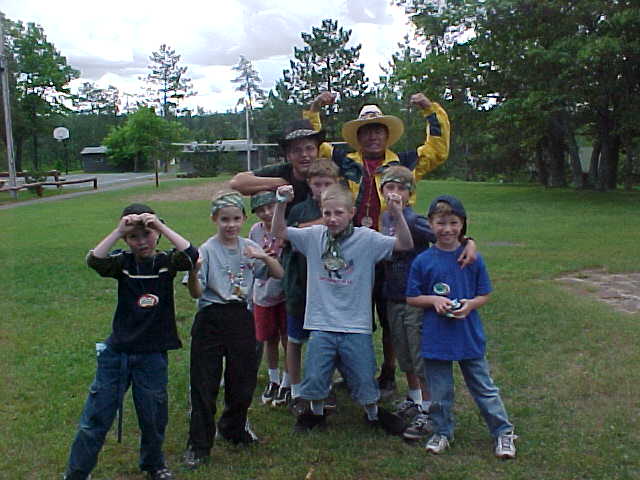Conversations online and off have focused recently on stopping violence and conflict. From Ferguson to France, people have discussed, debated, and demonstrated more passionately than ever. When human rights are in question, we speak of “ridding,” “routing,” “crushing,” and “eliminating” the scourges of terrorism, extremism, and racism.
Forgotten has been any consideration of coaching people through conflict. And although the civilized world agrees that peace is paramount, it is an oversimplification to believe that extrication from cultural blights requires a single, destructive method. Or simple resolve. As much as any snuff metaphor has appeal, the path to peace requires construction, not destruction. We must renew our commitment to teach empathy, emotion regulation, and forgiveness. Summer camp is the best way to do that.
More than 150 years ago, summer camps were founded in this country by progressive educators who clearly saw the limitations of the traditional classroom. They created a complementary institution to fill in the gaps. To do that, they brought young people from inside to outside; from sitting and listening to running and playing; from memorizing to creating; and from dependence to inter-dependence.
Today, research has validated the intuition of camp’s founders and the hope of all parents who have laid down their hard-earned money for an experience that is ostensibly recreational: Young people grow in self-reliance, social skills, physical and thinking skills, and sense of adventure faster at camp than at school. And now it’s time to apply camp’s power to accelerate positive youth development to the worldwide problem of violence and conflict. Ironically, that process begins by embracing the notions that disagreement and fear of differences are human.
Endowed with an understanding of our nature, camps have shed the zero tolerance policies that have failed at schools and have begun training their staff to recognize bullying, intolerance, poor sportsmanship, and harassment. Then, instead of kicking kids out of camp, these professional youth leaders teach new skills to campers and praise incremental improvements in their behavior.
There will always been some egregious misbehaviors that will get children expelled from camp, but today’s enlightened approach is about recognizing youngsters’ underdeveloped skills and coaching them to win-win outcomes with their peers and caregivers. With compassion and creativity, there are ways for everyone to get their needs met. And just as an addict can abstain from substances when sobriety is reinforcing, so can young people abstain from cruelty when kindness feels so good. There is no such thing as a bully with a secure attachment to a reliable group of friends.
Terrorists justify the elimination of life and liberty—in the form of murder—in the name of an idea. The rest of the civilized world sees the flip side of the same coin: We begin with the ideas of liberty and justice for all and remove it—in the form of imprisonment—only after a crime has been committed. This is a timeless dialectic, but it does not portend our destiny.
Because ideas are so potent, let us further one idea we know works: Transporting young people from home into a beautiful natural setting to join a community of their peers and participate in supervised, unstructured play. High quality camps are both proving grounds and laboratories for civilization. The campers learn how to get along and the counselors learn how to coach the kids toward kind behavior. Only when they are combined can a classroom education and a summer camp experience tip the current cultural imbalance toward durable world peace. It’s time to sign up.
Dr. Christopher Thurber is a clinical psychologist and former chair of the American Camp Association’s Committee for Applied Research & Evaluation. He is the co-creator of ExpertOnlineTraining.com and serves on the faculty of Phillips Exeter Academy. He can be reached at: This email address is being protected from spambots. You need JavaScript enabled to view it..











